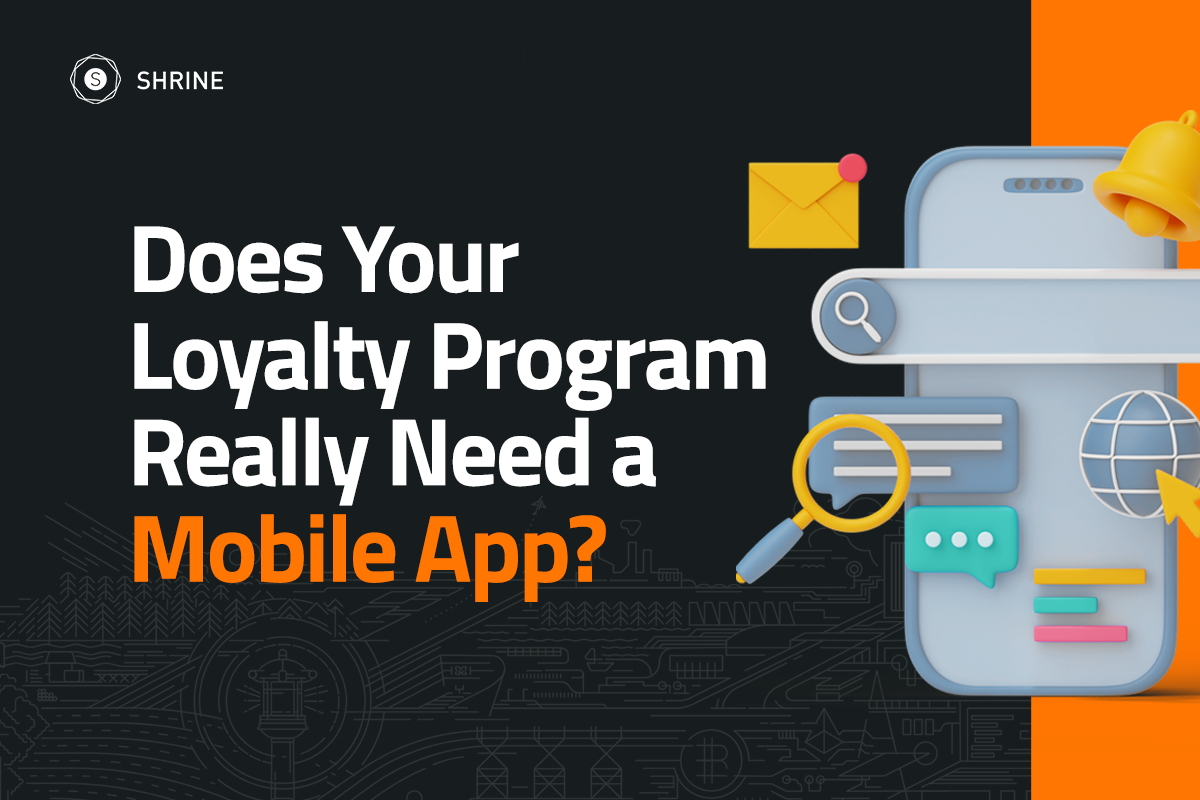In Part 1 of this series on ways to get your app developed, we covered the pros and cons of working with a friend or trusted developer. Today, we’re going to discuss one of the most popular options which is also the one with some of the biggest hidden landmines.
Freelancers.
People talk about hiring a freelancer as if they’re waving a magic wand that can solve any problem. Need someone to redesign your logo for $5? Hire a freelancer. Need to produce an award-winning commercial in 24 hours? Hire a freelancer. Need to build a mobile app with zero budget? Hire a freelancer.
Make no mistake: freelancers are not magicians. That kid on Craigslist does not have the power to transform your business and their $5 logo is going to look like a $5 logo.
Before we get into the pros and cons, let’s first define what we mean by a “freelancer”. A freelancer is usually an independent contractor who is not committed to a particular employer long-term. You can find plenty of available freelancers on sites like Upwork or Fiverr and hire them to build your mobile app. Because there is no pre-existing relationship, you have to work to build trust with your freelancer and you must be comfortable doing that without ever meeting or even talking with the person you’ve hired.
That doesn’t mean freelance workers are bad. In fact, they’re often a great solution. But you must go into a freelance relationship with your eyes open. Here are the pros and cons you should consider.
Pros
- Cost-Effective. Freelancers have very little overhead costs. You’re likely paying for their time and little else, aside from maybe some server costs or off-the-shelf software needed to support your project. You are not subsidizing the cost of running their entire office, as you might be with a large agency. (Learn how to calculate the ROI of your app here.)
- Low barrier to entry. Again, if you hired a major agency for your project, they might ask you to sign onto a long-term contract or guarantee a certain number of hours on retainer. Freelancers, on the other hand, usually have a low minimum requirement. They are generally more willing to be informal and offer pay-as-you-go pricing.
- Diamonds in the rough. Every once in a while, you strike gold with a freelancer. You find someone who is truly a master of their craft and who thrives on the unstructured, informal nature of contract work. They are equally great at the technical and project management aspects of their work. Hang onto these freelancers. They are rare and extremely valuable.
- More diamonds in the market. Technology has made it easier than ever for talented, organized people to leave their full-time jobs and build freelance careers on their own. It is becoming more and more common to find professional freelancers who are of high quality and independent.
Cons
- Less predictable. While there are more high-quality freelancers than ever before, there are still a lot of clunkers in the market. It’s tough to predict what kind of quality you’re going to get, and the spectrum is very broad. On top of that, it’s harder to check the references of a freelancer you found online.
- It takes two (or three, or four, or five). It takes a special unicorn of a person to launch a highly complex app without a team of developers and project managers to support them. If you’re hiring one freelancer and expecting them to do the work of an entire dev team, you may be setting yourself up for disappointment.
- Timelines. Even if your freelancer can do all the work themselves, they can’t magically add more hours to the day. They are still one person. It might take them a long time to get it done. This doesn’t have to be a deal-breaker. If they cost less than an agency and you have time to spare, this can be a cost-effective solution.
- Quality control. Even if they do the work on time it could have quality issues. If you are not an engineer yourself, it’s going to be very difficult to check your freelancer’s work. Even if you go through rigorous app testing, there may be bugs or underlying deficiencies in their code that only unveil themselves after you launch.
- Competing priorities. If your freelancer only freelances on nights and weekends (they have a full-time job or other obligations during the day) there will likely be commitment issues at some point. Life happens, and your project will get shifted to the back burner when other things pop up. But sometimes these delays are fine! Again, if you have time to spare and are willing to accept a longer development timeline in exchange for a lower cost, this can be a win-win.
Tips to make it work
- Know who you are dealing with. Make sure you ask for references with any new freelancer you’re considering. Ask for samples of their work, and test things out for yourself. If they have plenty of testimonials from happy clients, you can feel more comfortable starting a relationship with them. (Need tips on working with a remote developer? We got you.)
- Know who is doing the work. You might be surprised to learn that not all development freelancers actually do dev work themselves. Some are really just project managers, and they farm out their dev work to a remote team. Make sure you know up front if this is the case. If they have a team working under them, understand how work will be done and what the communication looks like. You don’t want key features to be left off your app because something got lost in a digital game of Telephone.
- Use a trusted platform. Freelance sites like Upwork or Fiverr have a rating system to help you assess the quality of potential freelance hires. Even more importantly, these platforms provide options for financial recourse if there are issues with your project.
- Understand their life situation. Is this their full-time gig or not? What is their client load like? Understanding your freelancer’s position will help set expectations for their workload and availability, so you can accurately project your go-to-market timeline and budget.
- Address potential IP issues. If your freelancer is located overseas, be sure to consult a lawyer about potential IP issues before you begin work. Some countries have lax copyright laws, and you may discover that your app launches with an identical copy already in the marketplace because your freelancer sold the code to another firm.
- Get the app professionally designed. Code development and graphic design are not the same things. Don’t let developers do design work unless they have training or a background in graphic design.
Stay tuned for our next blog in this series which will answer your questions about working with agencies to develop your app.
Need help bringing your app idea to market? Drop us a line and tell us about your big idea. We’d love to help!




